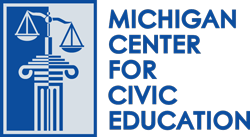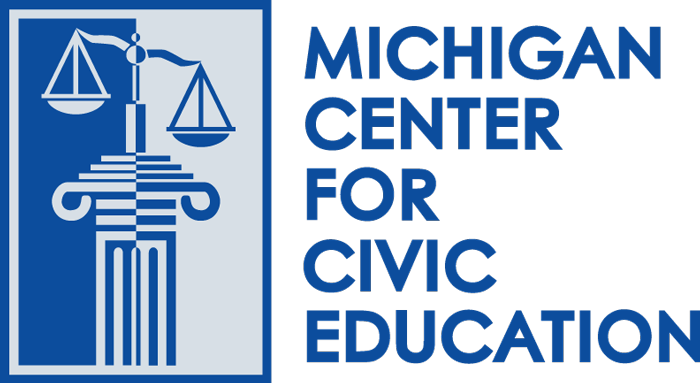In this lesson, students are asked which of two chocolate bars – one with nuts, one without – they prefer. A single representative is taken from each preference group. These representatives are given the chocolate bar that they prefer less, motivating a contractual trade. One student unknowingly has an empty wrapper, eliciting debate after the trade is completed. The class concludes by discussing possible equitable solutions.
Civics Lessons
Understanding Contracts
Participating in the Jury System
Students participate in activities and discussions about the relationship of a democratic society to its legal institutions, and the issues of fairness and equality under the law and legal system. They learn how constitutional amendments such as the Fourteenth Amendment influence lawsuits, and they will apply concepts within the Bill of Rights to jury trials. Students conduct research to compare the U.S. jury trial system to trial systems in other countries.
What Is A Good Rule? Creating Our Ballot Questions
This lesson offers students the opportunity to play the role of voters with special interests. Students draw up initiatives for new classroom or school rules. Working in groups of four or five, students share their ideas and rationale for new rules.
Interpreting the Law
Students learn why laws need to be interpreted by discussing laws/constitutional provisions. They present their findings to the class.
Colonial Influences
American colonists had some strong ideas about what they wanted in a government. These ideas surface in colonial documents, and eventually became a part of the founding documents like the Declaration of Independence and Constitution. But where did they come from? This lesson looks at the Magna Carta, Mayflower Compact, English Bill of Rights, Cato’s Letters and Common Sense.
Making Decisions: by Group: The Jury System
Students learn about the nation’s jury system and its importance to the rule of law in the United States. Students will experience the Sixth and Seventh Amendments at work as they engage in the main lesson activities, including one in which they will serve as jurors.
A Visitor from Outer Space
Students learn about the Bill of Rights and the Importance of Rights
I Can’t Wear What??
Students meet Ben Brewer and find out what happened the day he decided to wear his favorite band t-shirt to school in violation of a new dress code rule. Students read a summary of a Supreme Court case to figure out the “rule” that applies to Ben’s problem. This lesson lays the groundwork for students to write two short persuasive essays—one arguing each side of the issue.
Connecting the Separate Powers
In this lesson, students will gain an understanding of the separation of powers using role playing and discussion. Students will identify which parts of the Constitution provide for the branches of our government, and will categorize public officials into one of these three branches.
What Basic Ideas About Government Are included in the Preamble to the Constitution?
This lesson explores some ideas in the Preamble to the Constitution. Students learn that the power to govern belongs to the people who have created the government to protect their rights and promote their welfare.

